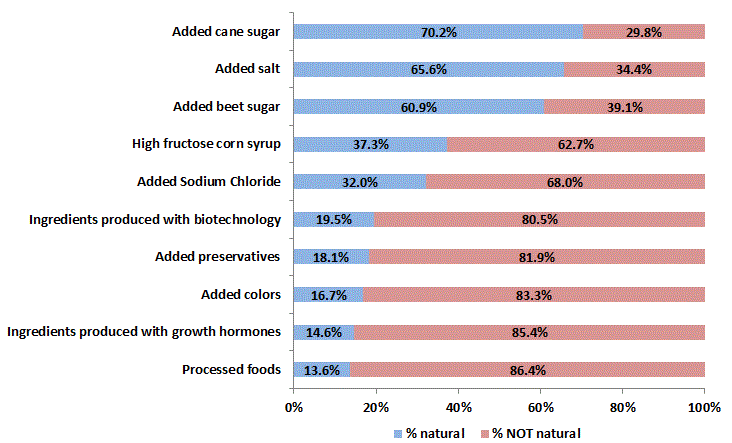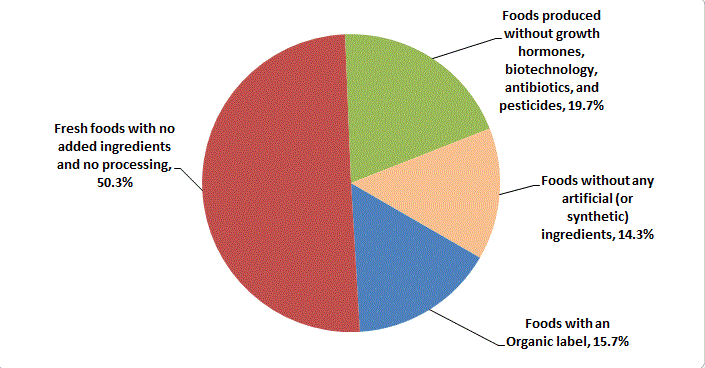Curiously, that it not the headline that is circling the web. Rather, the headline in credible (but uncritical) news agencies is "Scientists say new study shows pig health hurt by GMO feed."
Wow! Sounds scary. I had to check it out. The claim comes from a study published in the Journal of Organic Systems (you can find it on the author's web page). My first thought was: A journal that essentially promotes organic is not exactly credibility inspiring. But, the study should speak for itself and I read it.
What you'll find is, by and large, a fishing expedition. The authors fed one group of pigs a diet of GM corn and soy and another group of pigs a diet of non-GM corn and soy. They then tested for differences between the two group. Here's where the problem comes in. The authors didn't set out with a specific causal hypothesis - they simply tested for differences in everything from liver size to body weight to the headline-grabbing stomach inflammation. I counted more than 40 different p-values coming from tests in the paper. Just by chance, the authors would expect to find one or two significant differences and that's exactly what they found. Out of the 40+ tests conducted there were two p-values less than 0.05 (at 5% level of significance, you'd expect 1 test out of 20 (or 2 out of 40) to be significant just by chance). One significant result showed higher proportion of pigs with "severe stomach inflation" in GM fed pigs than in non-GM fed. The other showed a elevated levels of GGT (a signal of liver problems) in non-GM fed pigs relative to GM fed.
To me, the take home message is that there is no difference in GM and non-GM fed pigs that is not attributable to chance (the authors would need to correct their p-values for multiple comparisons to truly say this is non-random; they'd also need a causal theory for why one result is significant while 40+ are not). Oddly, the only result that they find significant and gets played up is also one of the ones that is not an "objective" measure but is one in which veterinarians have to make a judgement call as to which stomachs are inflamed and which are not. If you add together the severe and moderately inflamed, what you find is that 52% of non-GM feed pigs meet this condition and 56.9% of GM feed pigs meet this condition - a difference that is unlikely significant (moreover, a higher percent of GM fed pigs (11.1% ) had no stomach inflammation as compared to non-GM fed (5.4%). Again, the authors need to do some kind of joint test of significance across all 4 inflammation categories.
Unfortunately, this study, much like the previous French-rat study will be used uncritically by anti-GMO activists, and it wont be taken in the larger context of the hundreds of other studies showing no differences.
Although the paper should stand (or fall) on its own merits (or demerits), it is sometimes useful to look at author connections. And even though no conflicts of interests were declared, Mark Lynas points out on his blog that these are hardly disinterested parties. Among other issues, the funding comes from a company promoting non-GMO "natural" food. For other critical analysis see the Lynas blog as well as this one.



